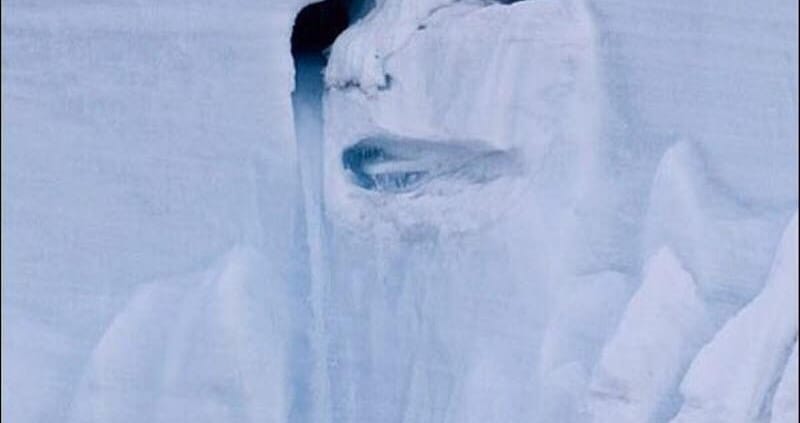A meeting with Irene Solà
Friday 7 November 2025 | 16:00–17:00 | University of Amsterdam
On 7 November 2025, the award-winning Catalan writer Irene Solà will speak with students and staff about her work, including her latest novel I Gave You Eyes and You Looked Toward Darkness. With this work, she won this year’s European Literature Prize; according to the jury, this novel “celebrates and damns all of life … Solà’s language is wild, the composition measured, her women simply unforgettable.” I Gave You Eye and You Looked Toward Darkness tells the story of Bernedeta, but also of the place legends, folktales, and myths occupy in our society.










